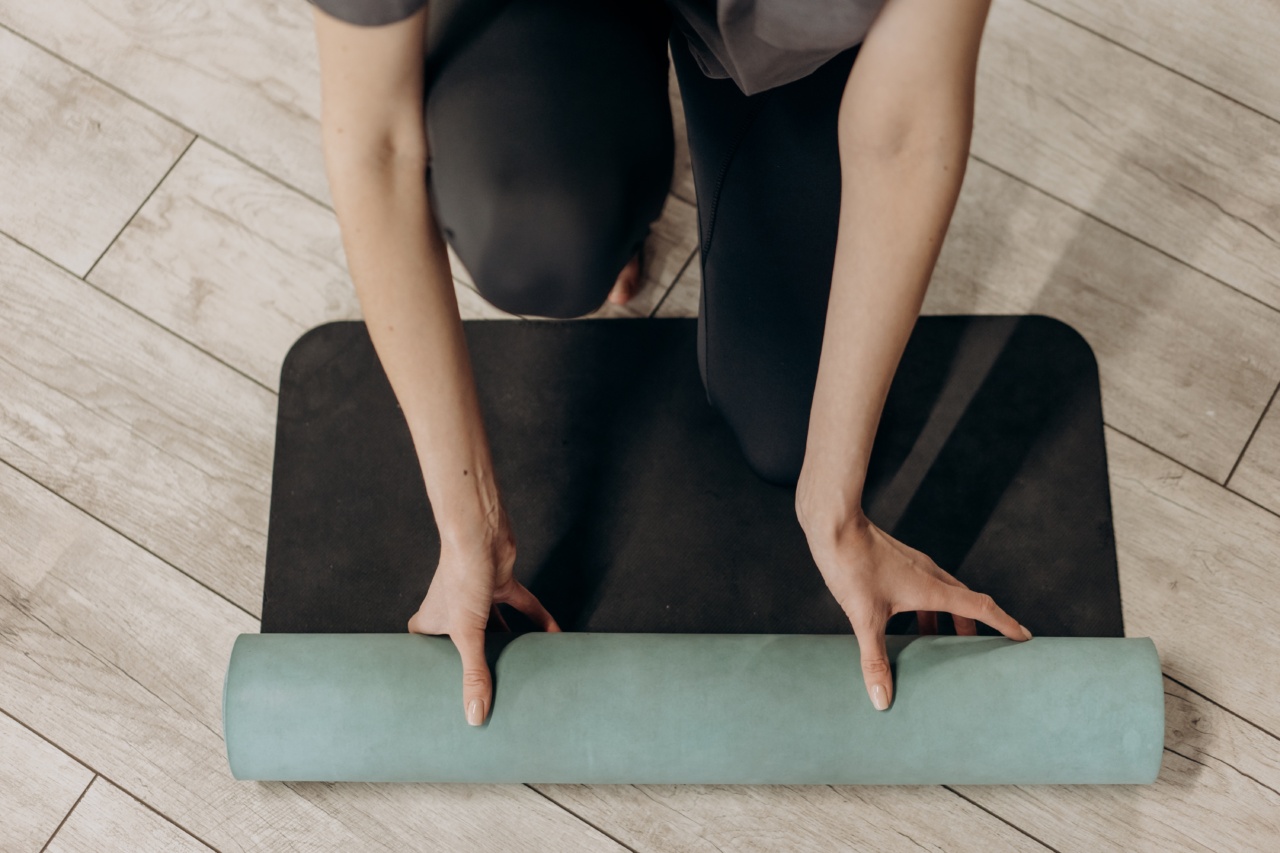Gymnastics is a sport that involves tumbling, jumping, balancing, and strength exercises. It is a physical activity that not only benefits the body but also the mind.
Gymnastics has been shown to have numerous positive effects on the brain, including improved cognitive function, memory, and concentration. In this article, we will explore the various ways gymnastics can contribute to the overall enhancement of the mind.
Improved Cognitive Function
Cognitive function refers to the brain’s ability to process information, think, and learn. Gymnastics requires mental concentration, which is essential for proper cognitive functioning.
When gymnasts perform complex movements and routines, they stimulate their minds, which improves their brain’s ability to process information. Research has shown that participants who engage in gymnastics exhibit higher cognitive function compared to those who do not engage in physical activity.
Gymnasts encounter different challenges that require them to focus on the task at hand. When they engage in these challenges, they are forced to develop problem-solving skills, which are crucial in everyday life.
The ability to think critically and solve problems are skills that can help them excel academically and in their future careers.
Improved Memory Retention
Memory retention is the ability to store, retain, and retrieve information. Gymnastics is an excellent way to improve memory retention. When a gymnast learns a new routine, they must memorize it and execute it correctly.
This process involves remembering sequences of movements, which improves their memory skills. Memory retention is essential not only in gymnastics but also in academic settings. Improved memory skills can help students retain information better and perform better in exams.
Improved Focus and Concentration
Gymnastics requires focus and concentration. When a gymnast is performing a routine, they must focus on the movements and execute them accurately. This act of concentration helps to improve the gymnast’s overall focus and attention span.
The sport also requires mental discipline, which enables gymnasts to concentrate on a task for more extended periods. This skill is crucial in academic and professional settings where focus and concentration are essential.
Improved Balance and Coordination
Gymnastics requires balance and coordination. These skills are essential not only in gymnastics but also in everyday life. Improved balance and coordination can help individuals perform activities such as walking, running, and even driving better.
When a gymnast performs movements that require balance and coordination, they stimulate the cerebellum, the part of the brain responsible for balance and coordination. As a result, they improve their ability to balance and coordinate their movements better.
Improved Confidence and Self-esteem
Gymnastics is a sport that requires persistence and dedication. When a gymnast successfully learns a new routine or executes a challenging movement, they experience a sense of accomplishment.
This sense of accomplishment leads to improved self-confidence and self-esteem. Improved self-confidence and self-esteem are essential in everyday life as they help individuals feel more comfortable and confident in social and professional settings.
Improved Social Skills
Gymnastics is a social activity that involves working with others. Gymnasts must work with coaches, teammates, and judges. This interaction helps gymnasts develop social skills, including teamwork, communication, and respect for others.
These skills are transferable in other areas of life, including the workplace.
Improved Mood and Reduced Stress Levels
Gymnastics has been shown to lead to improved mood and reduced stress levels. Exercise has been proven to reduce stress levels and promote feelings of well-being. Gymnastics, being a form of exercise, helps to reduce stress levels and improve mood.
Endorphins are released during exercise, which results in a feeling of happiness and euphoria. These endorphins also help to reduce stress levels.
Improved Time Management Skills
Gymnastics requires dedication and time management skills. The sport requires a significant amount of time and effort, which means that gymnasts must learn how to manage their time effectively. This skill is crucial in academic and professional settings.
Improved time management skills can help individuals become more productive and efficient in their daily lives.
Improved Physical Fitness
Gymnastics is a physically demanding sport that improves overall physical fitness. The sport involves cardiovascular exercise, strength training, and flexibility exercises. These exercises lead to improved strength, endurance, and flexibility.
Improved physical fitness can help individuals perform better in other physical activities and improve overall health and well-being.
Conclusion
Gymnastics has numerous benefits on the mind, including improved cognitive function, memory retention, focus and concentration, balance and coordination, confidence and self-esteem, social skills, mood, stress levels, time management skills, and physical fitness. These benefits have been shown to enhance the overall well-being of individuals both in the short and long term. Therefore, engaging in gymnastics is an excellent way to improve overall mind and body health.































